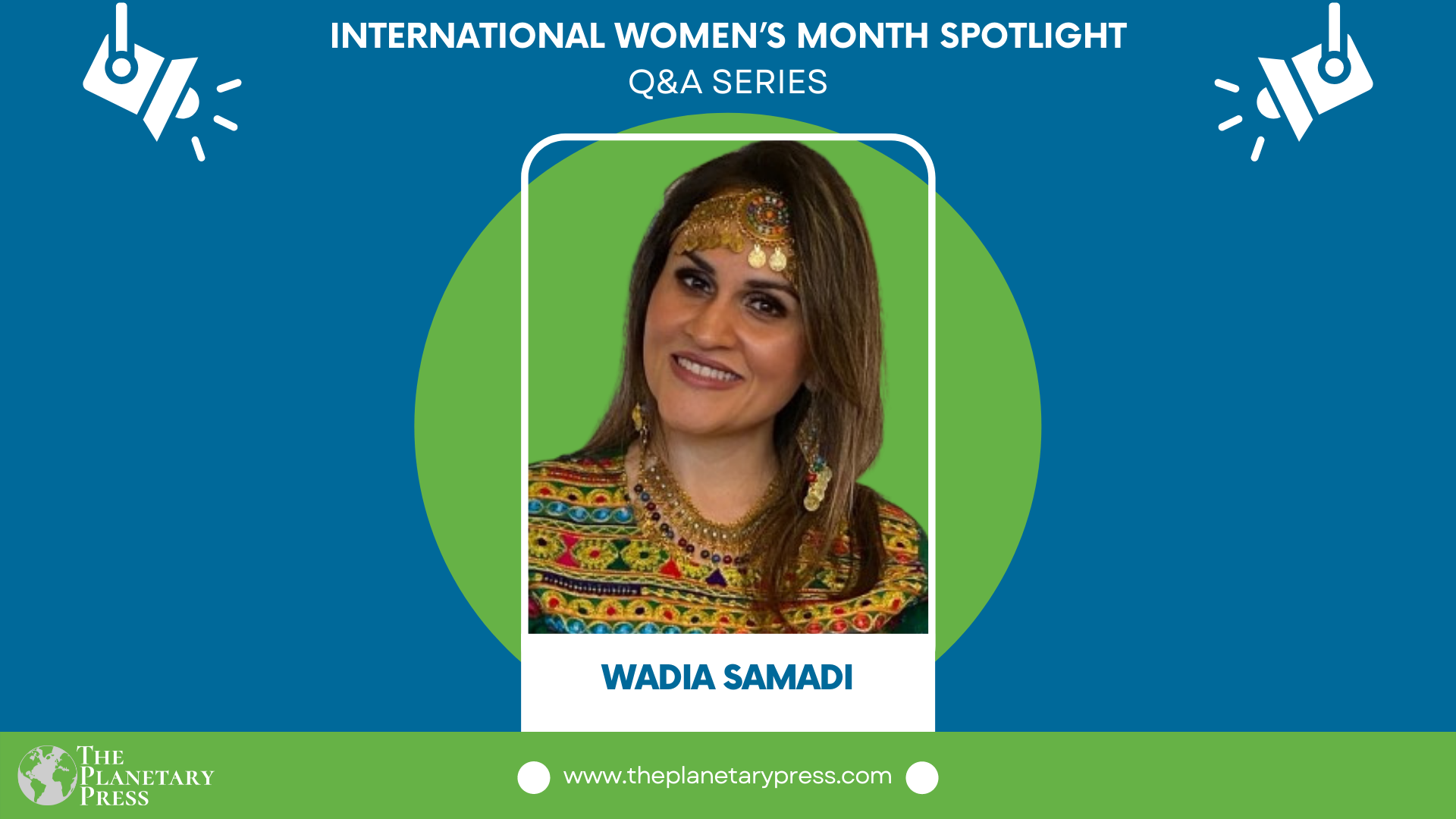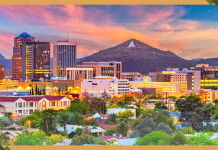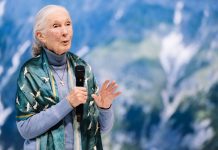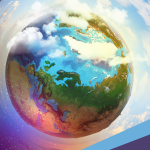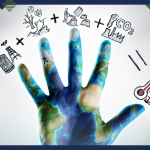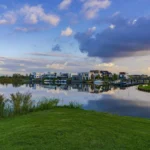International Women’s Month Q&A series
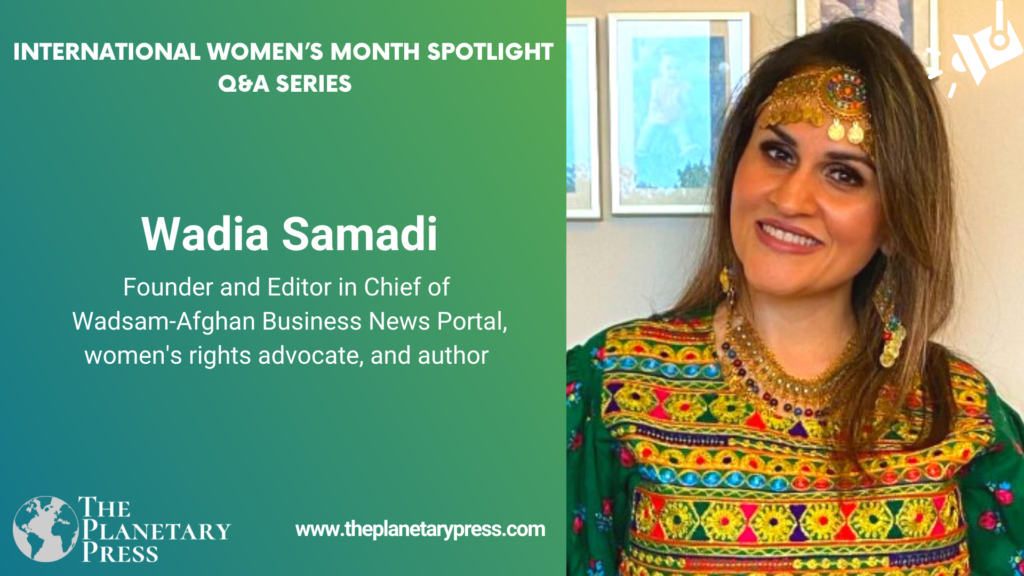
Please tell us a little about yourself and your work with Wadsam.
I am Wadia Samadi. I am from Afghanistan and currently living in the US with my husband and two children. I work for Root Change, a non-profit organization in DC that tests alternative approaches to development to address the systemic causes of poverty and injustice.
I am also the owner and Editor-in-Chief of Wadsam.com. Wadsam is Afghanistan’s first and only business news business portal that I launched back in 2012. The world media has always focused on negative stories from my country. We are always associated with war, destruction, poverty, and corruption. In 2012, Afghanistan’s politics had particularly hogged the limelight. It was around the time when the US was talking about the drawdown of troops and a complete withdrawal by the end of 2014. I decided to launch Wadsam to shift the focus from our ugly politics to our economic and social developments, business success stories and opportunities, and the beauty of our arts and culture.
Later in the years, we launched a section on women entrepreneurs of the month where we introduce a new businesswoman/entrepreneur.
The road to enter Afghan media and journalism as a young woman was bumpy, but I have managed to keep Wadsam.com alive and continue to cover stories of Afghan business and economy in both English and Farsi.
Can you share with us more about your background and how you got started working in journalism and covering women’s rights?
Soon after obtaining a bachelor’s degree in Economics from the University of Richmond in Virginia, USA, I returned to Afghanistan, where I have worked both in the public and private sectors. I have always enjoyed writing and storytelling. In addition to running Wadsam, I cover women’s rights for Afghan and international media and blogs. I like to tell positive stories of our women. I was fed up with the image that the western media has always represented of our women: the image of Afghan women in burqa, the image of Afghan women as victims. I like to talk about our strength, our resilience, our capabilities, our heroism, our accomplishments. And these attributes have come to us from our mothers, grandmothers, and great grandmothers.
I love poetry, and I have been able to talk about some of the most painful topics on women through poetry. Most of my poetry are published on Free Women Writers blog, and they are about gender-based violence and our women’s fights against bias and violence. Every poem I have written reflects the story of a woman I have known or a situation I have lived.
You recently released a new book for children. Can you share more about this?
I had the honor to co-author a children’s book with Mo Duffy Cobb, who’s a Canadian author and book coach from Prince Edward Island. It’s called the Crescent Moon Friends. The book introduces the reader to two best friends, Amelia and Aisha. While the pair is from Canada and Afghanistan, the girls reconcile their differences through exploration of the values they share. This book initiates a family conversation about Islam, explores tradition and language, and brings the girls closer together as a result.
This is a great timing for the book as we have had such a high influx of Afghan refugees in the US and Canada. The book can be used as a teaching tool to help children understand the cultural backgrounds of others and to create a warm environment for refugees resettling from Afghanistan and other Muslim countries. The book is going to be published by The Acorn Press, a publishing company in Prince Edward Island.
I have also launched the first-ever Dari/Farsi alphabets dry-erase book to help introduce our alphabets to children in a fun and engaging way. This book is a great resource for Afghan parents like me who are raising kids in the west and struggling with keeping our native language alive.
Why do we need more women in leadership roles?
The question should be why there aren’t more women in leadership roles when we know how critical it is to engage women to solve the world’s problems. Educate a child? Educate mothers, engage mothers. Increase household incomes? Give women access to financial institutions. Reduce infant mortality? Educate girls. Increase a company’s profitability? Have more women in the C-level.
The presence of women in political leadership is associated with better service provision and reduced corruption. Women political leaders are more likely to address gender-based violence and reproductive health that are typically sidelined by their male counterparts. States where women hold more political power are less likely to go to war or commit human rights abuses. Participation of women in the peace process is highly critical. Women peacebuilders focus more on reconciliation, education, economic development, grassroots voices, and transitional justice, which are all critical elements of a sustained peace. We have witnessed how the “peace talk” with the Taliban ended up when the women were cut out of the Afghan peace process.
There’s a huge gender gap in leadership positions in the financial sector, even though there is ample evidence that shows that women’s leadership in finance results in more financial resilience and greater banking stability.
The humanitarian aid has historically remained gender blind. This pandemic was a reminder to the world of how significant women’s leadership is in humanitarian contexts. Women’s needs and rights are frequently overlooked, ignored, and deprioritized during a health crisis. When humanitarian aid policies lack a gender lens, women are left at increased risk of gender-based violence and other risks, including child marriage and dropping out of school.
Last but not the least, I would like to touch on the role of women leadership in tackling climate change. The negative impacts of climate change disproportionately affect women and girls. More girls and women are exposed to GBV, girls are less likely than boys to continue their education, and women who work in the informal sector become more vulnerable to economic and environmental shocks of a climate crisis. It’s, therefore, highly critical for women to be in the design and implementation of climate response actions. A 2019 study found that parliaments with more women pass more stringent climate policies.
What advice would you have for your 13-year-old self?
Dream all you want. Stand up for yourself. Don’t be afraid of expressing your opinion. Love your body. Remember, you will always be beautiful to those who love you for who you are. Don’t care about what others think of you. You don’t have to please everyone; not everyone is going to like you. Read more, and don’t be afraid to question things. Yes, society is going to be harder on you for being a girl, but believe in yourself, and remember you will have everything that you have ever dreamed of. And guess what? Your older self is proud of you and has fulfilled your dreams.😉
What person, campaign, or organization would you like to spotlight?
Over the past few years of working with a non-profit, I have learned a lot about the international development sector. I have learned to question the traditional approach to development. International development is failing to effect real, sustainable, systemic change across the Global South (Afghanistan being a prime example). This failure is rooted in donors’ relationships with local communities. The donors from the Global North come to our countries with deep pockets and with the mindset that they’ve the experts’ solutions to our problems. They dismiss our context, our local priorities. They dictate to us what to do with their “one-size-fits-all” strategies.
One of the campaigns that I passionately follow is #ShiftThePower. It was initiated by the Global Fund for Community Foundations with the objective to bring individuals together and have a conversation about how to move away from top-heavy and top-down systems of international development and philanthropy towards a flatter and more equitable paradigm of people-based development. For too long, the role of community foundations, grassroots grantmakers, women’s funds, environmental funds, and other kinds of community development foundations had been sidelined by mainstream philanthropy and development, and #ShiftThePower movements wants to change that.
Website(s):
Social Media:
Twitter: @wadsamnews
Facebook:
Instagram:

